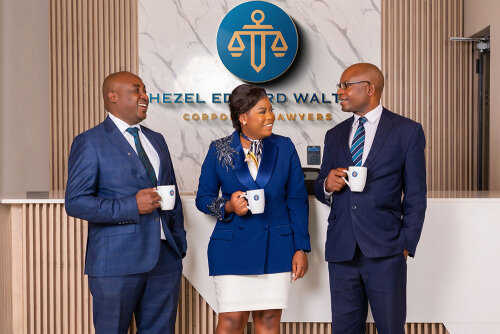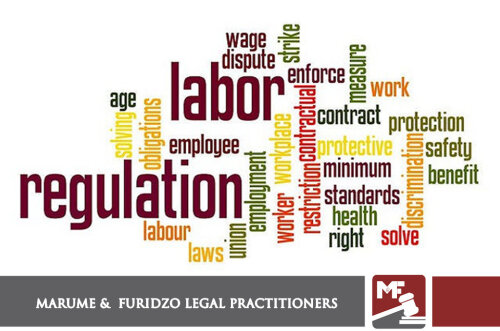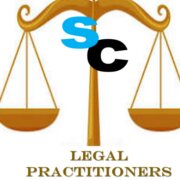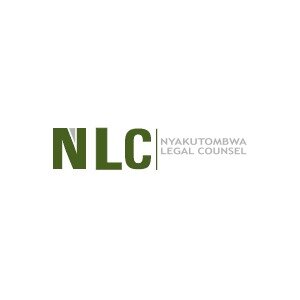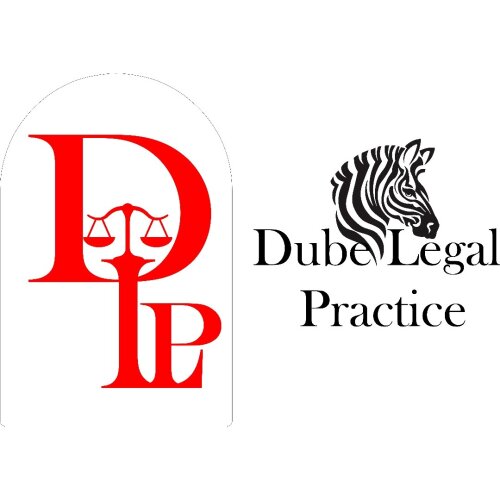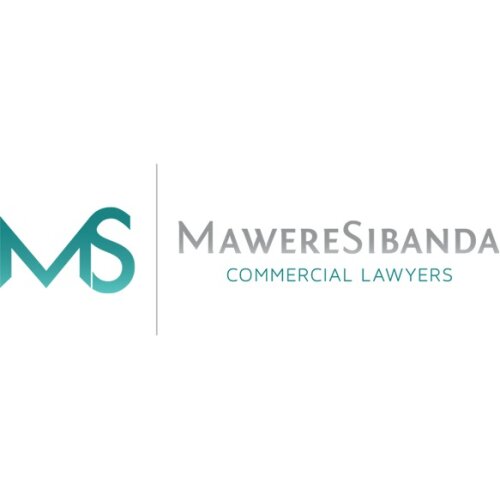Best Foreclosure Lawyers in Zimbabwe
Share your needs with us, get contacted by law firms.
Free. Takes 2 min.
Free Guide to Hiring a Real Estate Lawyer
Or refine your search by selecting a city:
List of the best lawyers in Zimbabwe
About Foreclosure Law in Zimbabwe
Foreclosure in Zimbabwe involves the legal process by which a lender attempts to recover the balance of a loan from a borrower who has stopped making payments. Typically, this means the lender can force the sale of the asset used to secure the loan, often a home or piece of real estate, in order to recover the owed funds. The foreclosure process in Zimbabwe is governed by specific laws and financial regulations designed to protect both lenders and borrowers, although navigating these laws can be complex and challenging without legal guidance.
Why You May Need a Lawyer
Engaging a lawyer in foreclosure matters can be crucial for several reasons:
- If you are facing foreclosure due to missed payments, a lawyer can help you understand your rights and explore potential options to delay or stop the foreclosure process.
- Lawyers can negotiate with lenders to reach a settlement or a revised payment plan, potentially allowing you to keep your property.
- If taken to court by a lender, a lawyer can represent your interest and ensure all legal procedures are correctly followed.
- Legal guidance is essential when dealing with complex financial documents and legal jargon to prevent exploitation or misunderstandings.
Local Laws Overview
Foreclosure laws in Zimbabwe are largely detailed under the Deeds Registries Act and other financially relevant regulations:
- The borrower must be in significant arrears before foreclosure proceedings can be initiated.
- The lender typically has to provide notice of default and offer a period of time for the borrower to rectify the situation.
- The process of foreclosure must follow certain legal protocols, including court proceedings if necessary, to ensure fairness.
- There are provisions for borrowers to reclaim their properties or challenge foreclosure actions if improper procedures or unfair terms are involved.
- The involvement of an independent appraiser to accurately assess the property value during foreclosure is an essential requirement.
Frequently Asked Questions
What exactly is foreclosure?
Foreclosure is a legal procedure where a lender seeks to recover the balance of a loan from a borrower who has stopped making payments, typically by forcing the sale of the asset securing the loan.
Can I stop foreclosure once it has started in Zimbabwe?
Yes, you can possibly halt foreclosure through legal means, negotiating with lenders, or arranging alternative payment plans. Consult with a lawyer to discuss viable options based on your specific case.
How long does the foreclosure process take?
The duration can vary depending on the circumstances, but it generally involves multiple steps and can take several months to complete owing to legal and court processes.
Do I have a right to defend myself in foreclosure proceedings?
Yes, borrowers have the right to defend themselves in court if foreclosure proceedings are filed against them, which is why legal representation is crucial.
What happens if my property is foreclosed?
If foreclosure is finalized, the lender will repossess the property and sell it to recover the loan amount. Any surplus amount after satisfying the debt might be returned to you.
Can a lawyer negotiate a foreclosure settlement?
Yes, a lawyer can assist in negotiating a settlement or proposing a new payment arrangement to potentially avoid foreclosure.
Is it possible to get my home back after foreclosure?
While difficult, it may be possible to reclaim your property under certain conditions, especially if foreclosure proceedings were not conducted properly.
Will foreclosure affect my credit in Zimbabwe?
Foreclosure will negatively impact your credit history, making it harder to secure future loans until your credit has improved over time.
What should I do if I am struggling to keep up with mortgage payments?
Seek legal and financial advice as soon as possible to explore options like restructuring loans or alternative financial arrangements.
Are there any alternatives to foreclosure?
Alternatives include restructuring the loan, selling the property to pay the outstanding balance, or filing for bankruptcy which could offer relief depending on financial circumstances.
Additional Resources
Here are some recommended resources and organizations for further help and information:
- Legal Resources Foundation Zimbabwe
- The Zimbabwe Lawyers for Human Rights
- ZIMASSET for social and economic support
- The Ministry of Justice, Legal and Parliamentary Affairs
- Local Legal Aid Societies
Next Steps
If you believe you need legal assistance regarding foreclosure, consider reaching out to a qualified attorney as a first step. They will help you understand your options and the best course of action tailored to your specific situation. It may also be beneficial to gather all relevant financial documents related to your loan and property to ensure a well-documented approach to your case.
Understanding your rights and responsibilities under Zimbabwean foreclosure laws can help protect your assets and lead to more favorable outcomes in complex financial situations.
Lawzana helps you find the best lawyers and law firms in Zimbabwe through a curated and pre-screened list of qualified legal professionals. Our platform offers rankings and detailed profiles of attorneys and law firms, allowing you to compare based on practice areas, including Foreclosure, experience, and client feedback.
Each profile includes a description of the firm's areas of practice, client reviews, team members and partners, year of establishment, spoken languages, office locations, contact information, social media presence, and any published articles or resources. Most firms on our platform speak English and are experienced in both local and international legal matters.
Get a quote from top-rated law firms in Zimbabwe — quickly, securely, and without unnecessary hassle.
Disclaimer:
The information provided on this page is for general informational purposes only and does not constitute legal advice. While we strive to ensure the accuracy and relevance of the content, legal information may change over time, and interpretations of the law can vary. You should always consult with a qualified legal professional for advice specific to your situation.
We disclaim all liability for actions taken or not taken based on the content of this page. If you believe any information is incorrect or outdated, please contact us, and we will review and update it where appropriate.
Browse foreclosure law firms by city in Zimbabwe
Refine your search by selecting a city.




